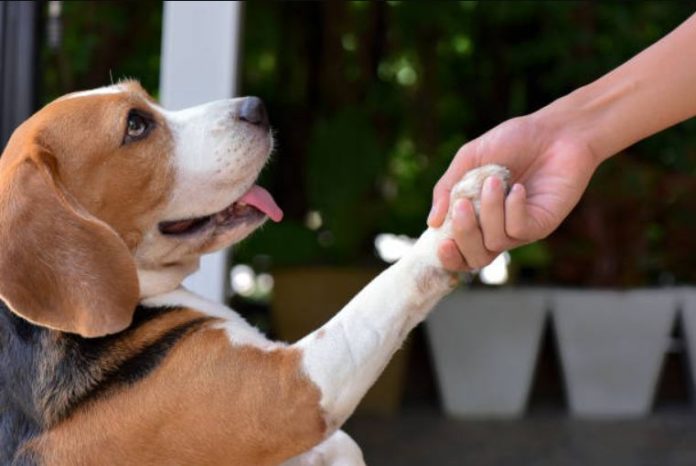Looking after pets is a great pastime for the family, especially when there are children, but it can really weigh on our monthly bills.
There are daily costs such as food and grooming to consider as well as routine visits to the vet and unexpected events such as illness and accidents. All these, can add up considerably and make quite an addition to our budget.
To manage all these expenses, now people are opting more and more for pet insurance as a way to help them sustain the costs of pet keeping.
If you are not familiar with how pet insurance works, then here are some tips to help you understand what it is you should be looking for when shopping around for good coverage.
The type of pet you own will make a difference.
In most cases, common pets will be able to avail themselves of the cheapest form of pet insurance, such as cats and dogs.
The premiums for these types of pets are usually less expensive as opposed to policies for other less common animals. You will find that they are equivalent to the price of a few cans of pet food per month.
If you own a more unusual kind of pet, then you will have to consider a higher price for your premium.
This is why it is important you clearly specify the type of pet you own when signing for pet insurance, for chances are the insurance company does not take into account more exotic animals.
What to expect from your Pet Insurance
Pet insurance is usually taken to cover any veterinary costs as well as vaccinations and medicines needed for the upkeep of your pet.
However, beware that some insurance companies will not take several routine treatments into accounts, such as vaccinations, de-worming, and flea control.
Another fact to consider is that the insurance policy will not cover any medical condition your pet had prior the subscription to the policy, so it is imperative to declare these conditions when you take the policy or it may risk being declared invalid.
Check the Claim Limits of the Policy
Make sure you carefully check what the claim limits are in the policy you take. Many policies have time limits that may not cover a long-term illness your pet may have.
Usually, your pet will be covered for a limited amount of time, after which it is up to you to pay the bills.
There is also a limit to the amount of refund you will get for medical claims in a yearly period, although this is quite high and should cover these expenses.
Public Liability
The insurance should cover public liability, and this is very important if you own a dog. Although your dog may be well-behaved, you must consider the possibility it could cause damage to someone’s property or injury to another dog or person.
You do not want to be faced with legal bills to pay or a compensation claim, so be very careful that you do have a large amount of third party liability included in your policy terms.

